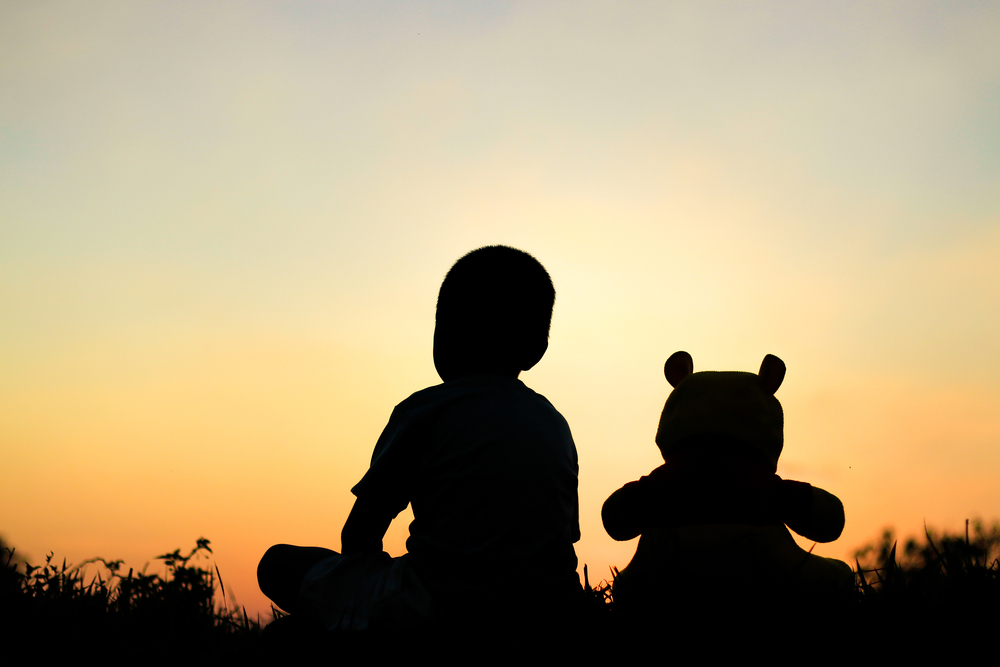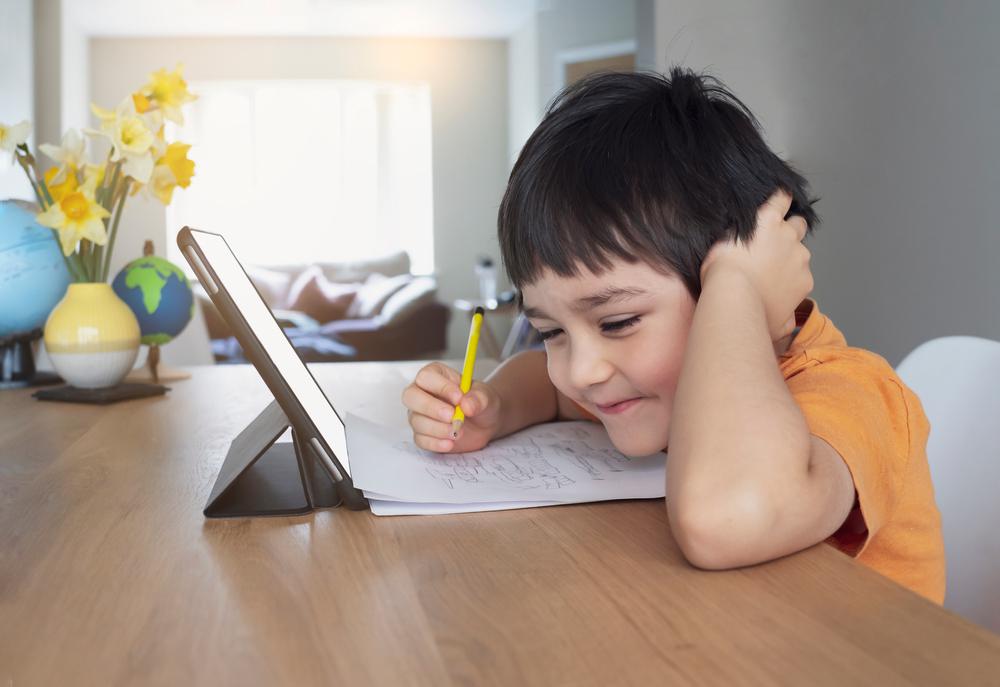Songs and Poems Worksheets Activities With Answers for Ages 3-8
22 filtered results
-
From - To
Discover our engaging "Songs and Poems Worksheets Activities With Answers for Ages 3-8," designed to inspire creativity and enhance language skills in young learners. These worksheets combine the joy of music and poetry with fun activities, encouraging children to explore rhythm, rhyme, and storytelling. Each printable includes a variety of tasks, such as fill-in-the-blanks, matching, and comprehension questions, ensuring a comprehensive learning experience. Perfect for classrooms or at-home learning, these resources promote early literacy through interactive exercises. Access our answer key for easy assessment, making teaching enjoyable and effective. Foster a love of literature and language in your child today!
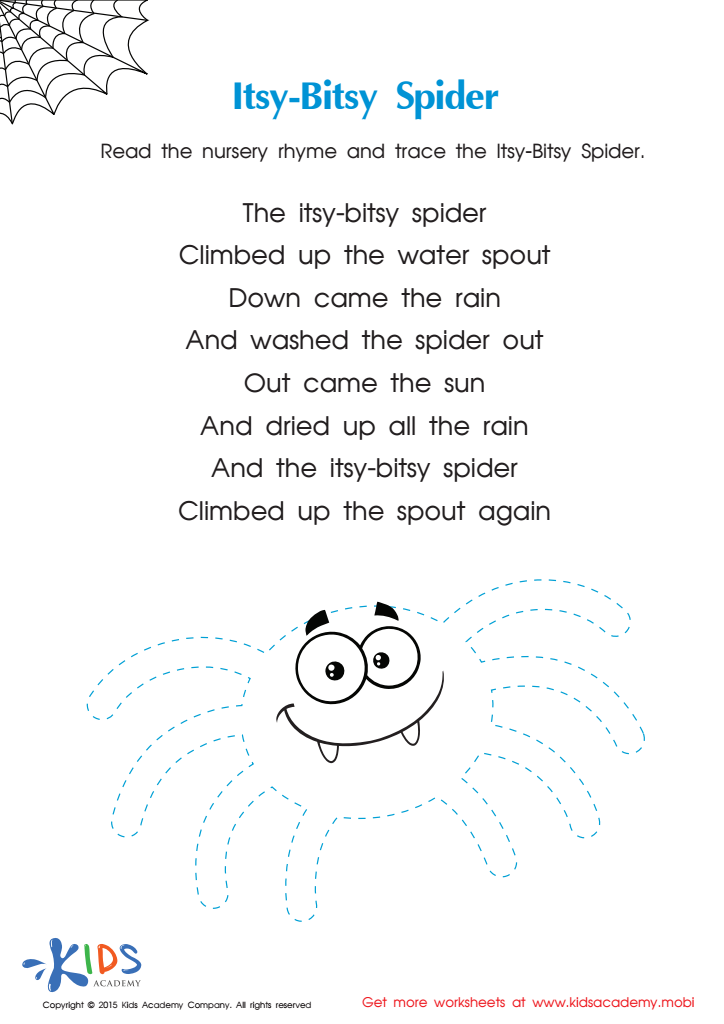

Itsy Bitsy Spider Nursery Rhyme PDF Worksheet


Rhymes in Poems Worksheet
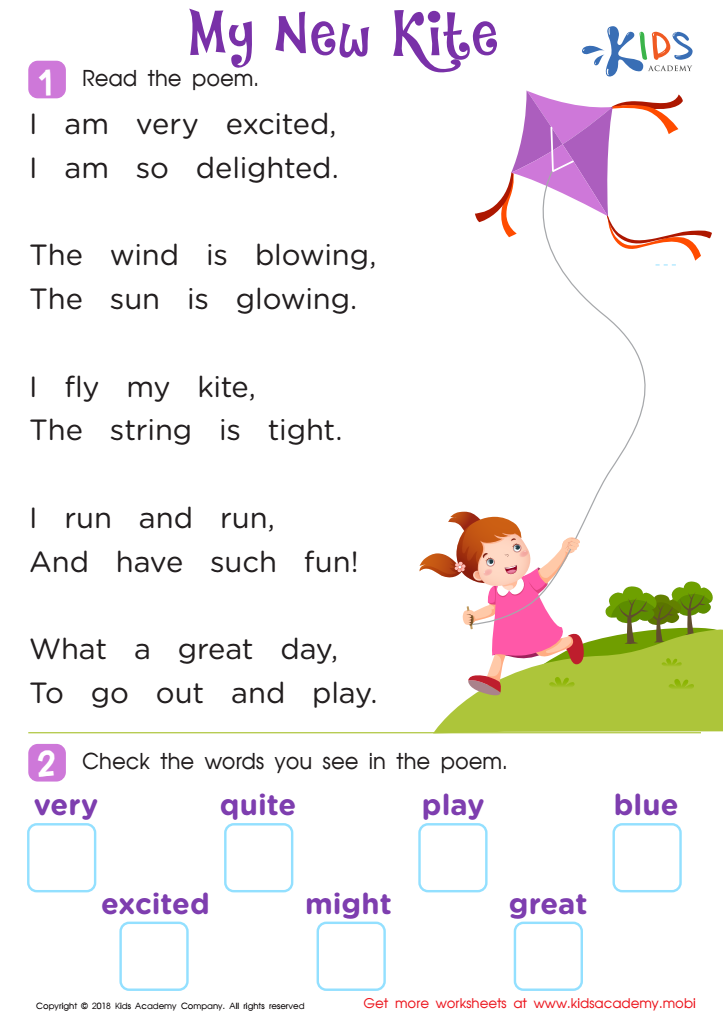

Poem: My New Kite Worksheet


Baa Baa Black Sheep Printable
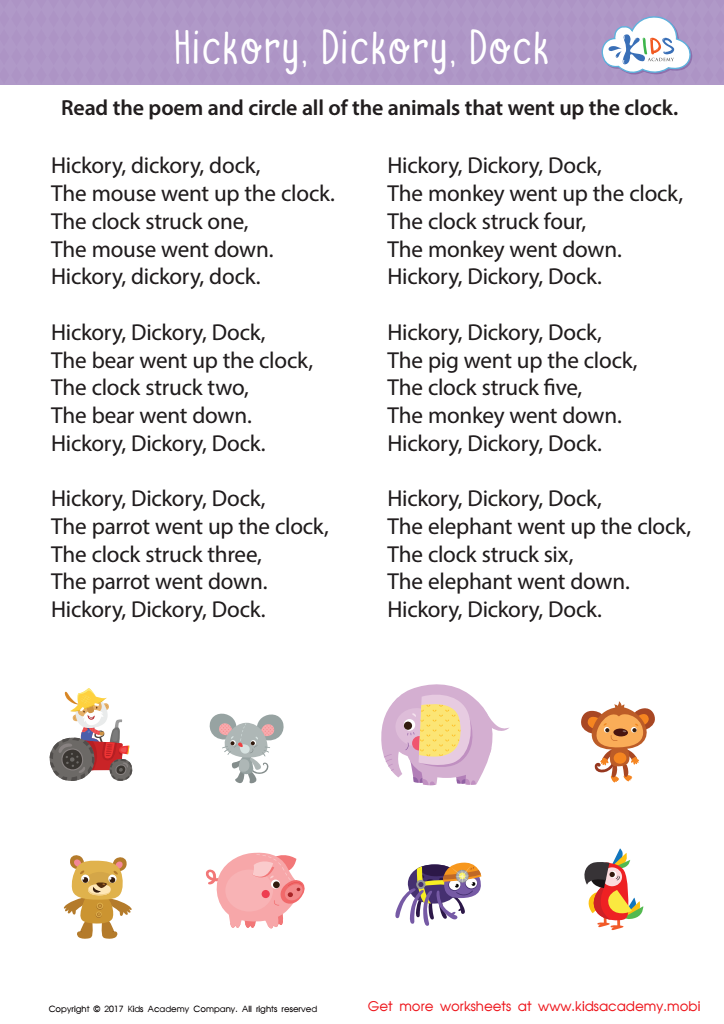

Hickory Dickory Dock Sequencing Worksheet
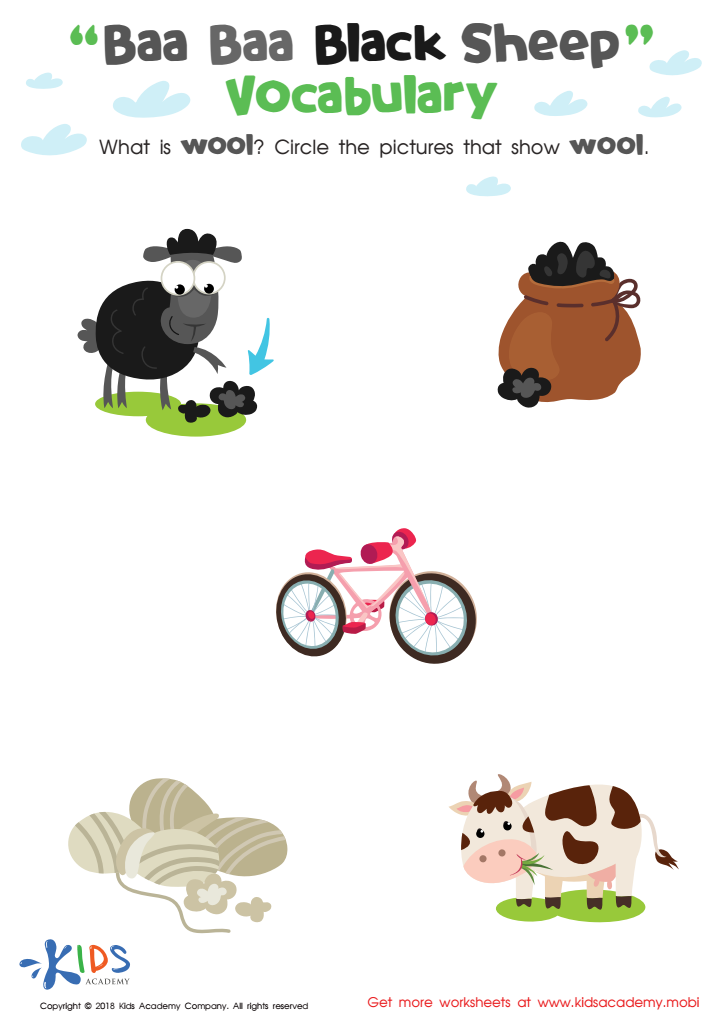

Baa Baa Black Sheep: Vocabulary Worksheet
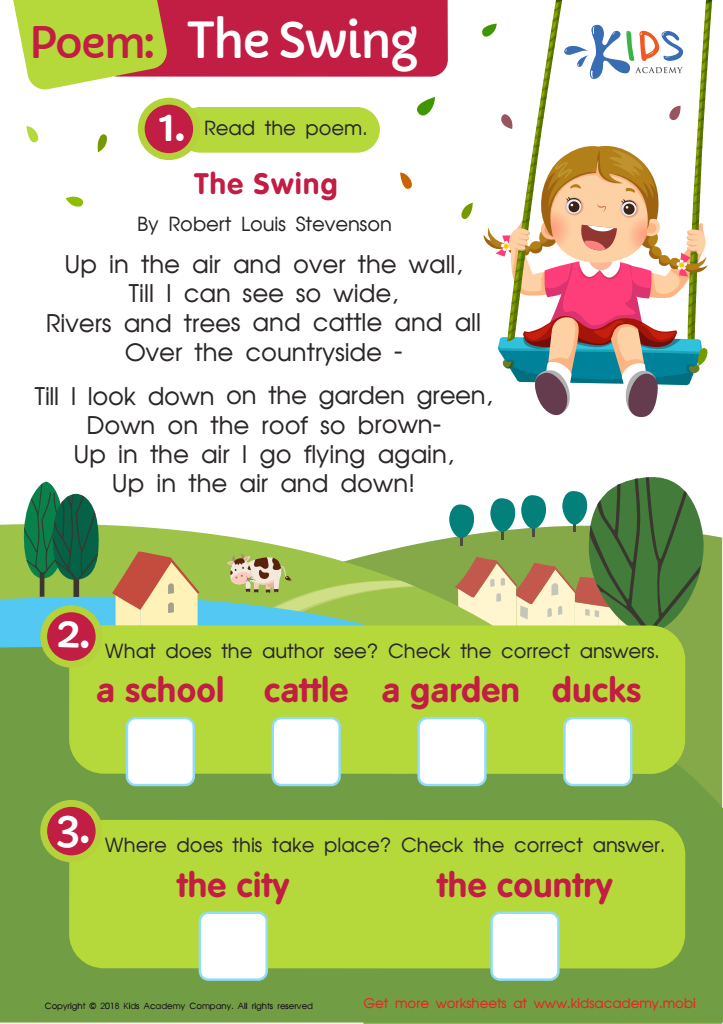

Poem: The Swing Worksheet
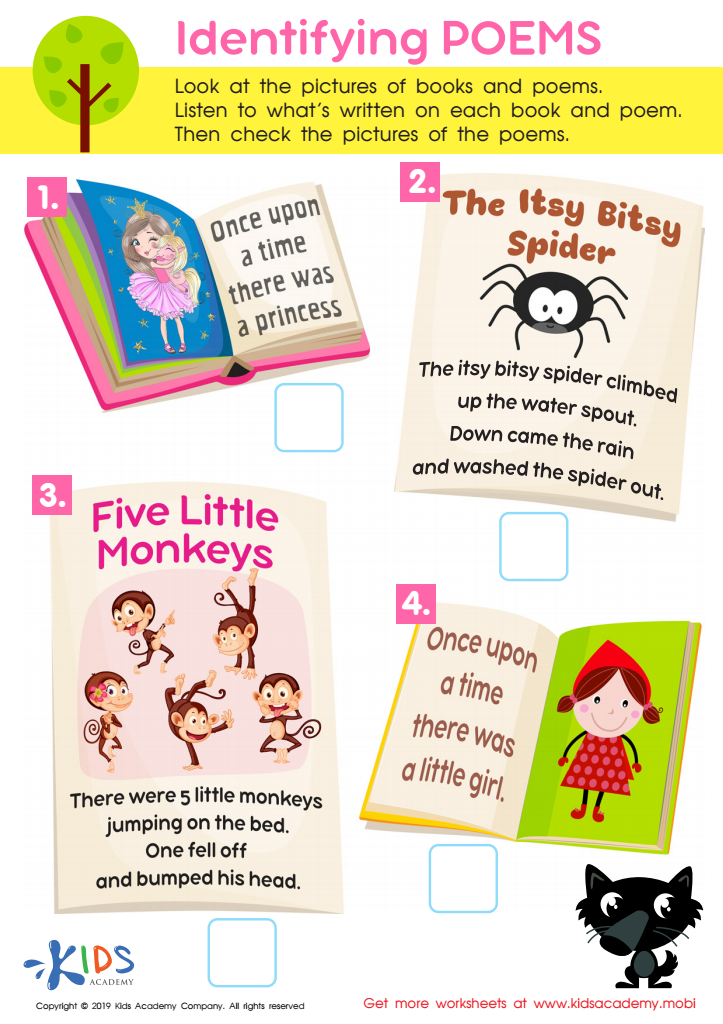

Identifying Poems Worksheet
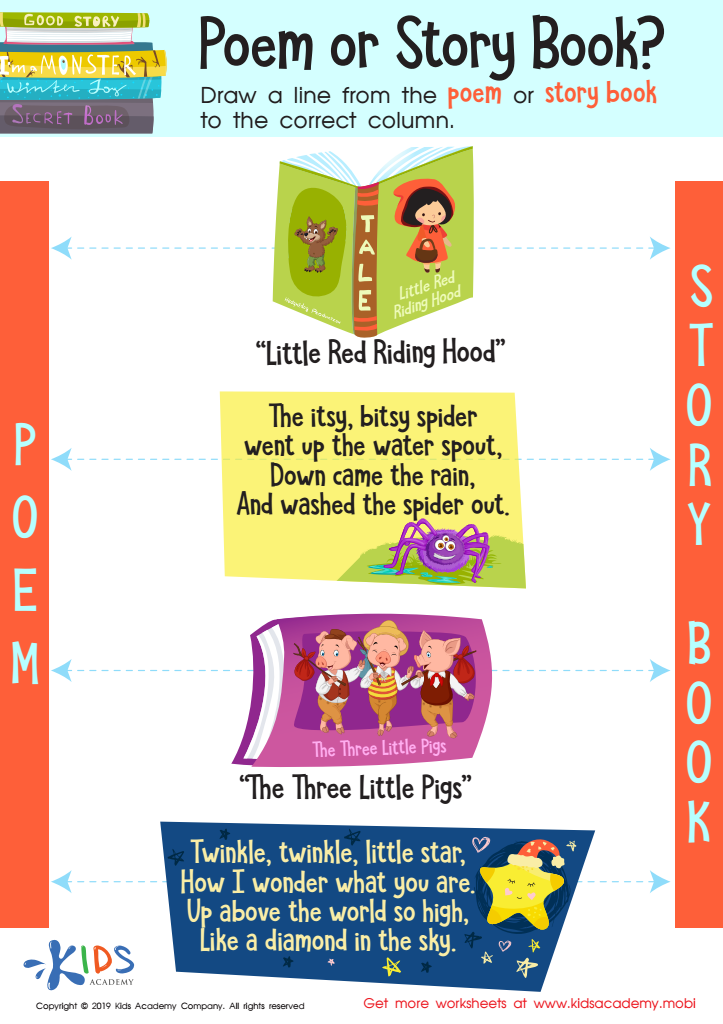

Poem or Story Book? Worksheet
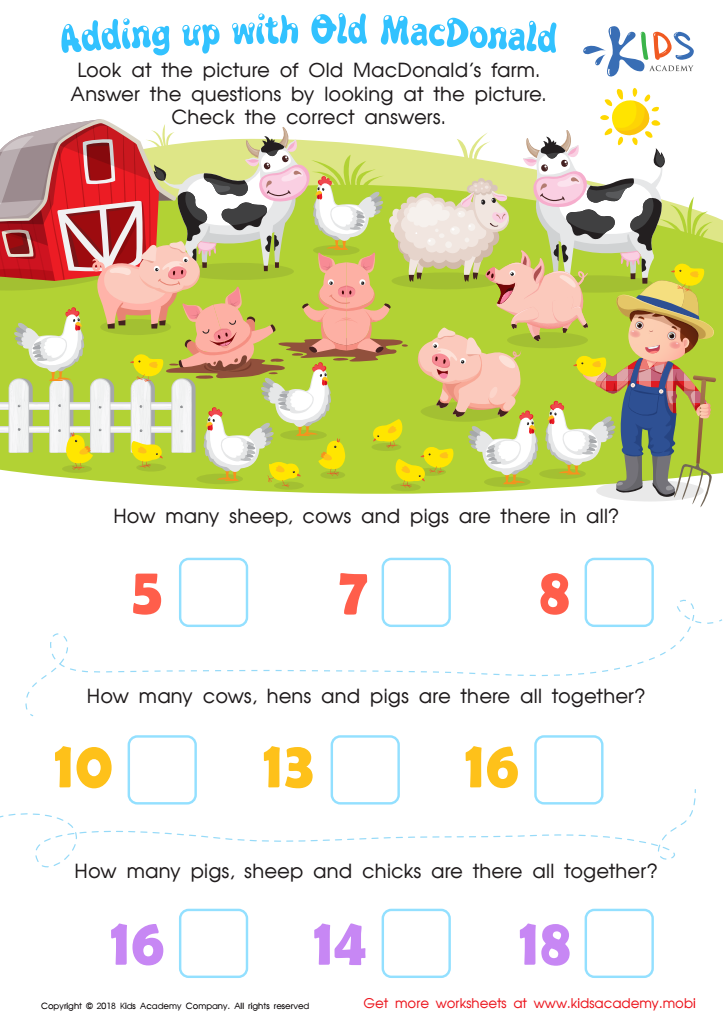

Adding Up with Old MacDonald Worksheet


The Five Little Monkeys Nursery Rhyme Worksheet
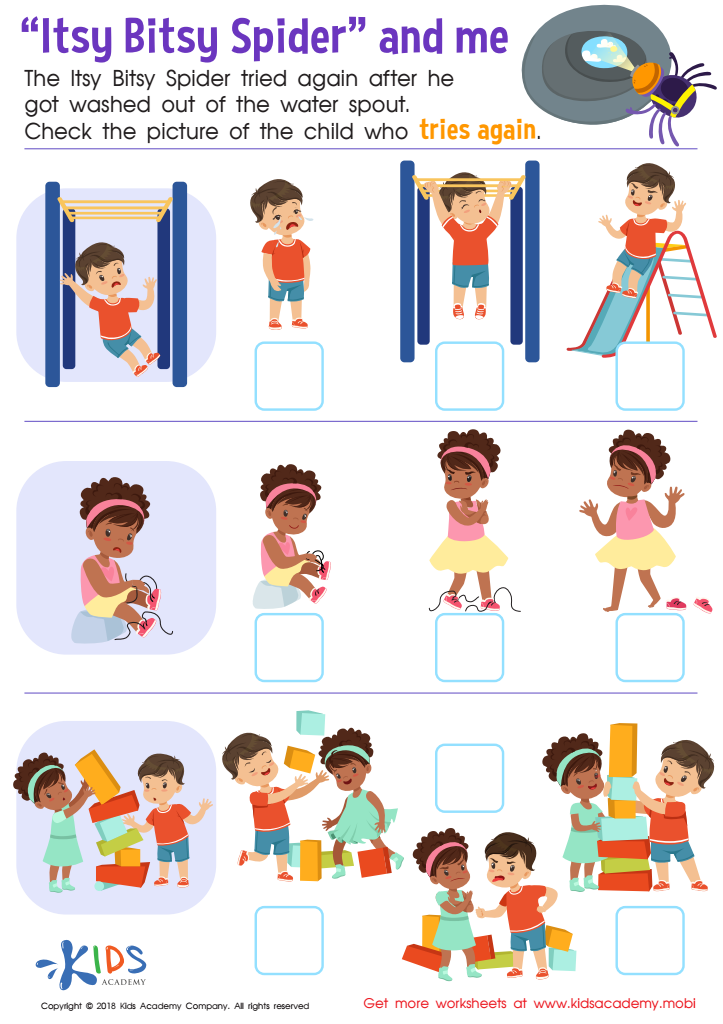

Itsy Bitsy Spider and Me Worksheet
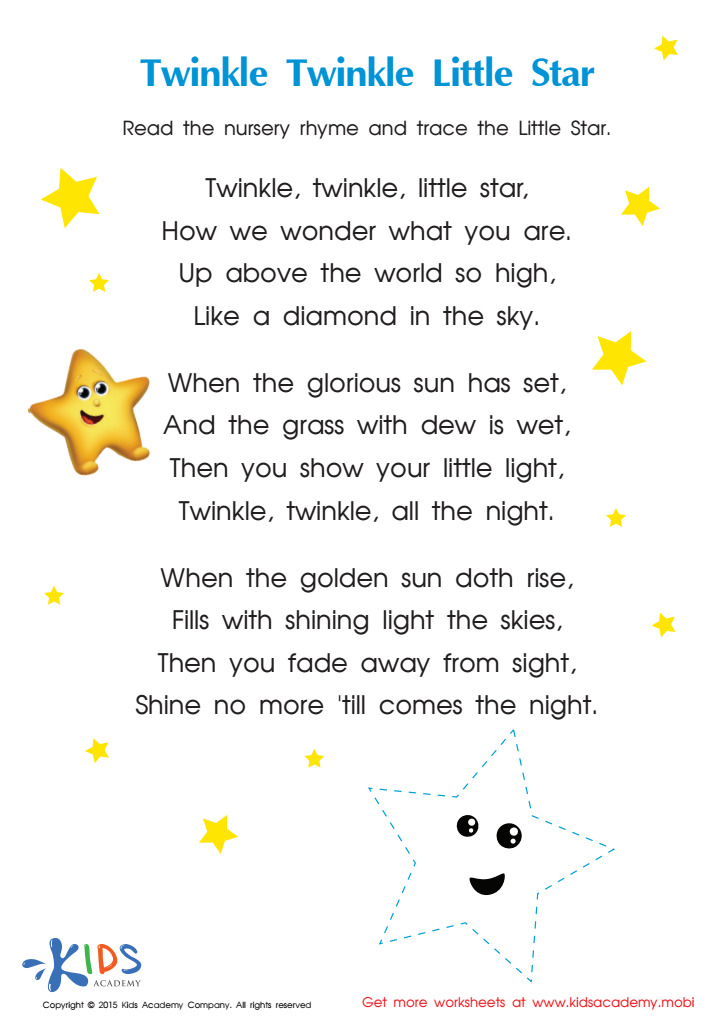

Nursery Rhymes: Twinkle Little Star Worksheet
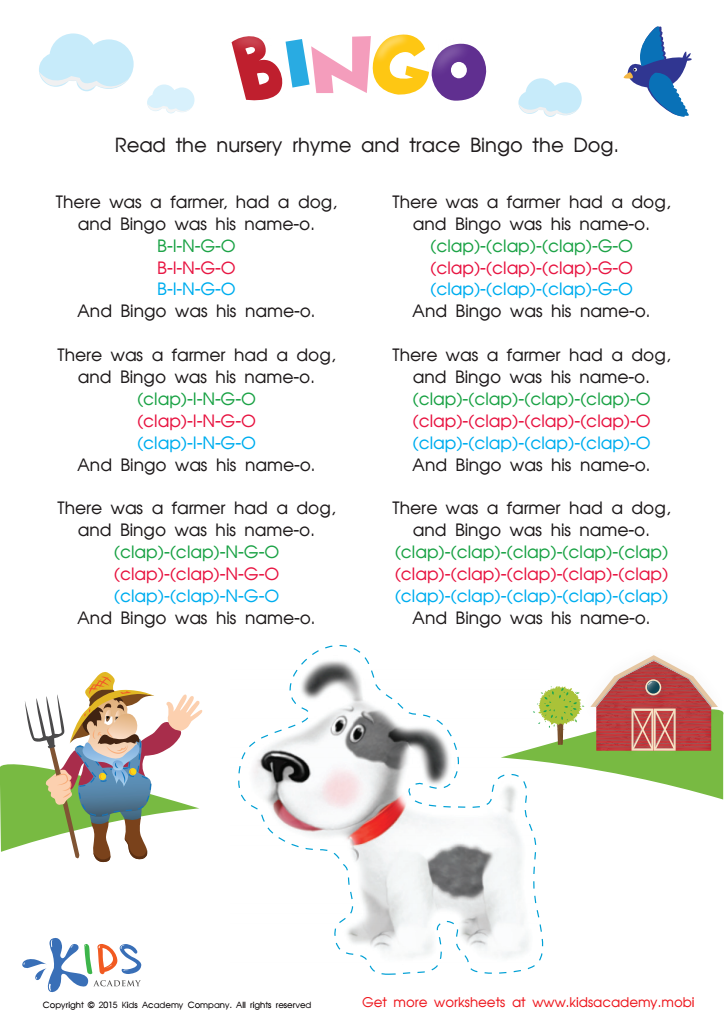

Nursery Rhymes: The Bingo Song Worksheet
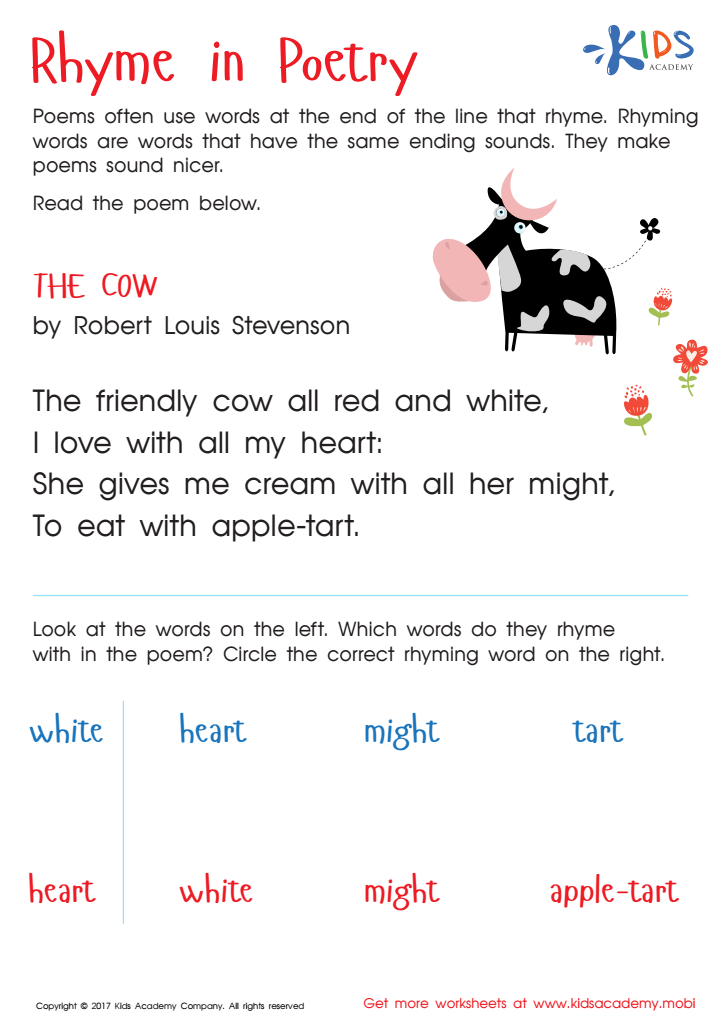

Rhyme In Poetry Worksheet
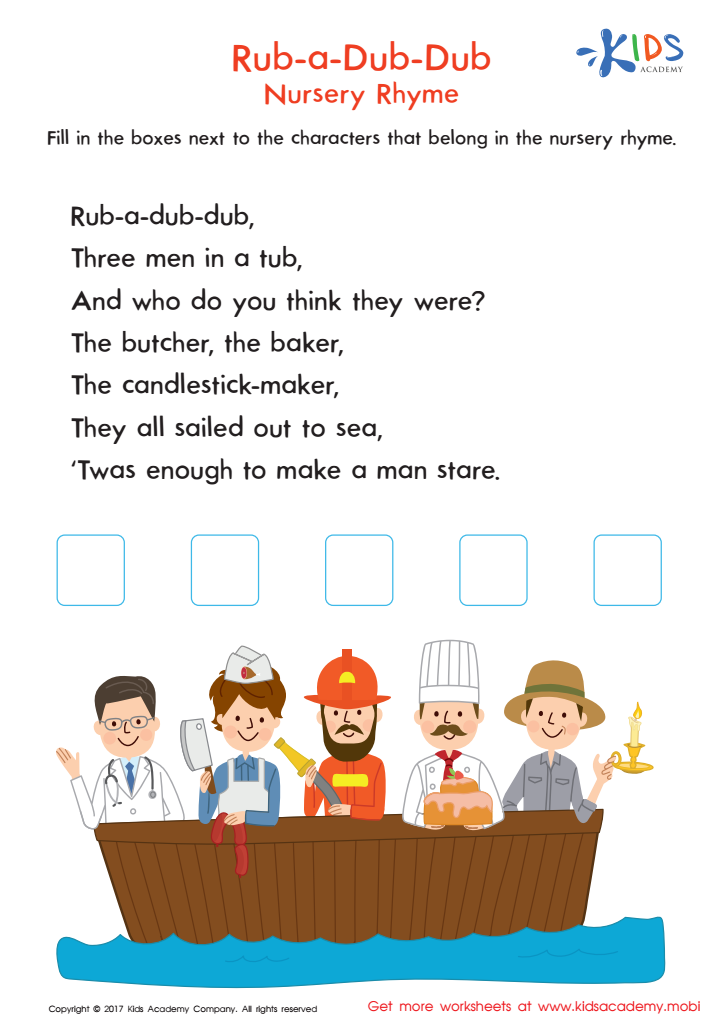

Rub a Dub Dub Printable
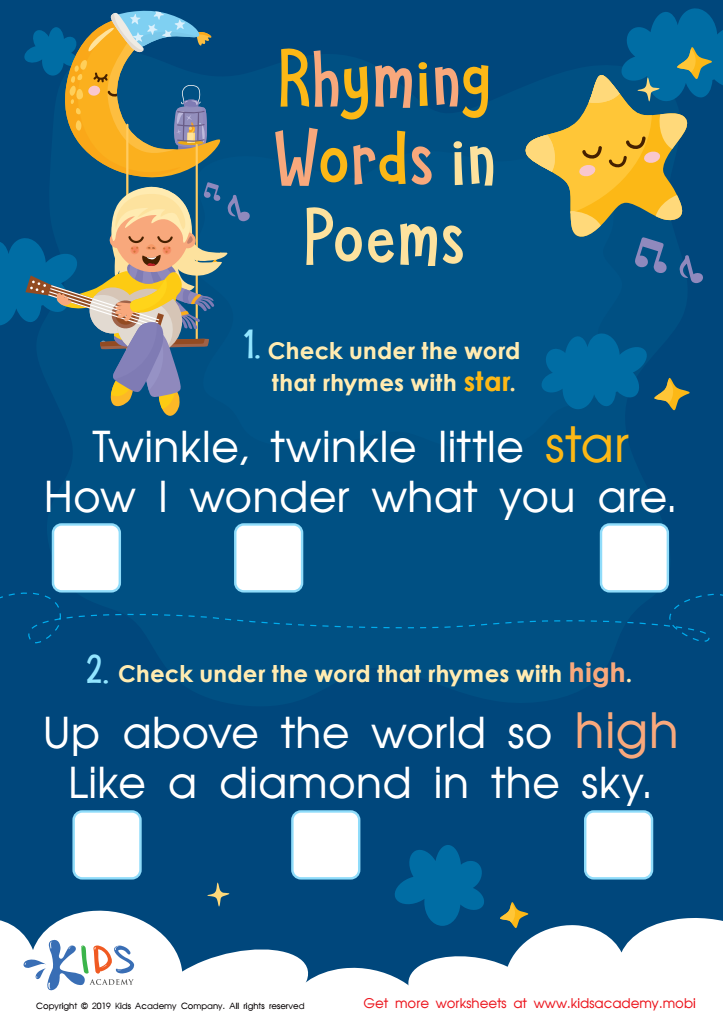

Rhyming Words in Poems Worksheet
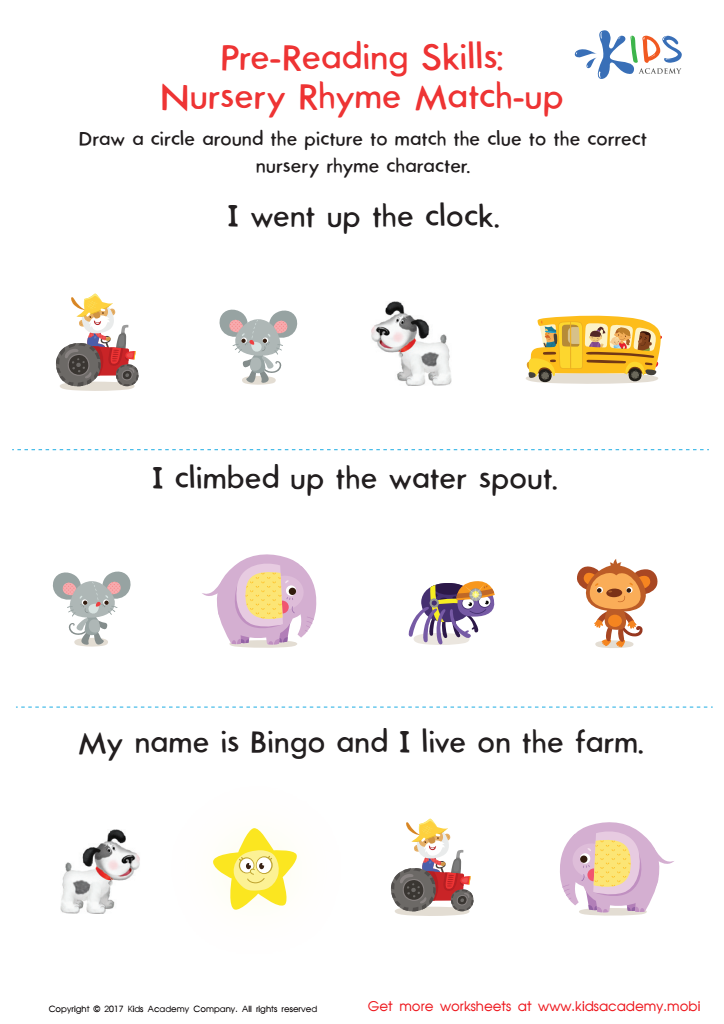

Nursery Rhyme Match–Up Worksheet
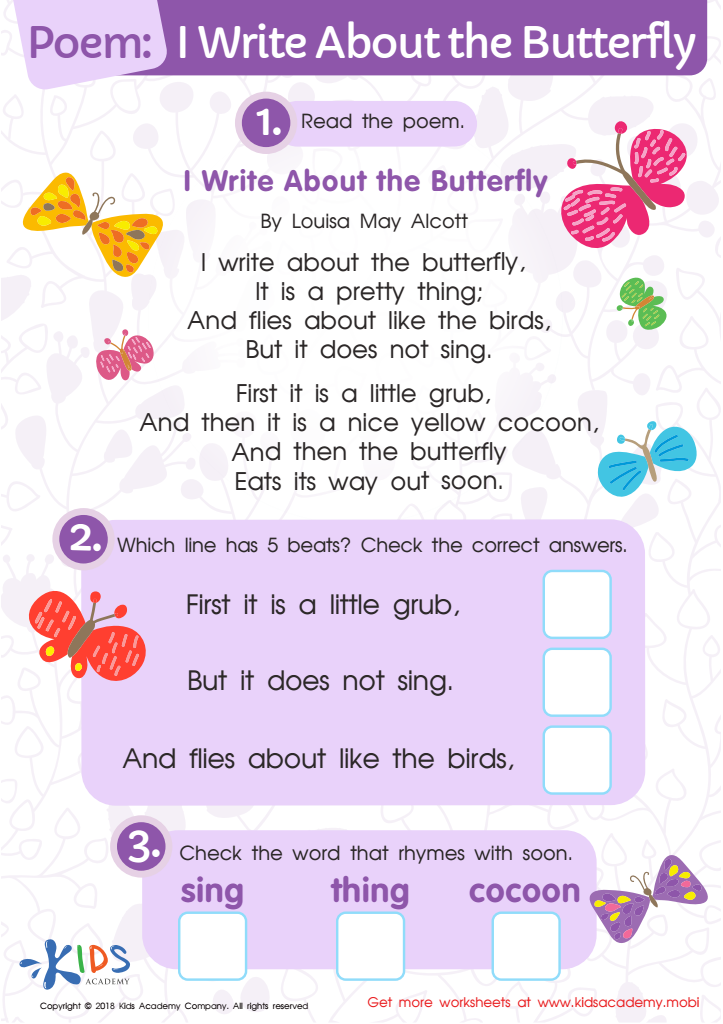

Poem: I Write About The Butterfly Worksheet
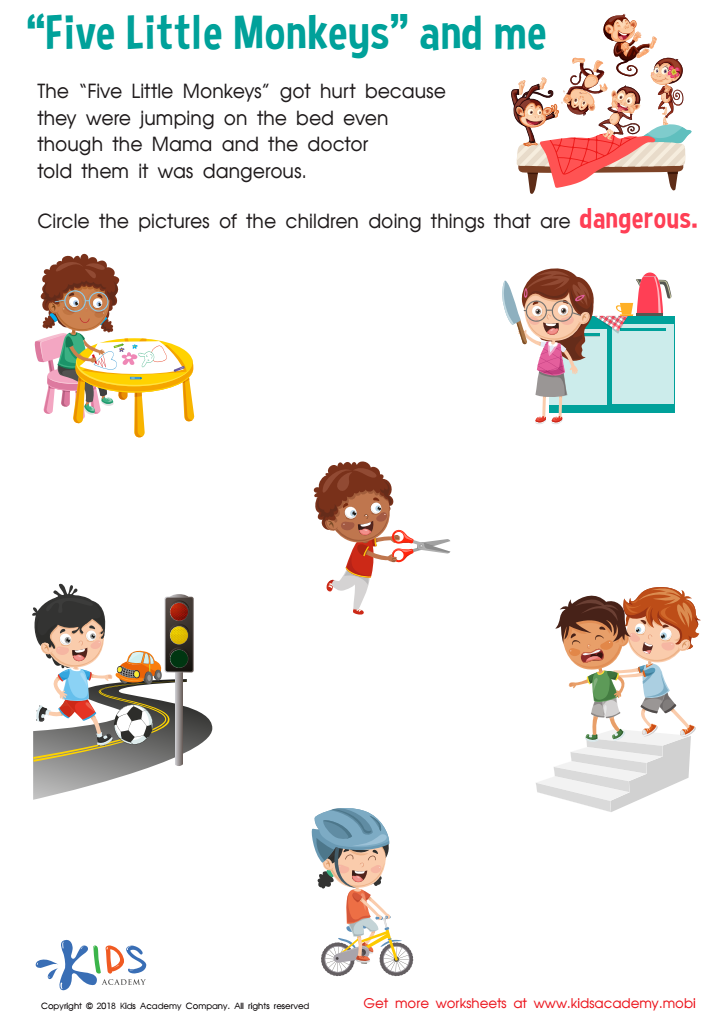

Five Little Monkeys and Me Worksheet
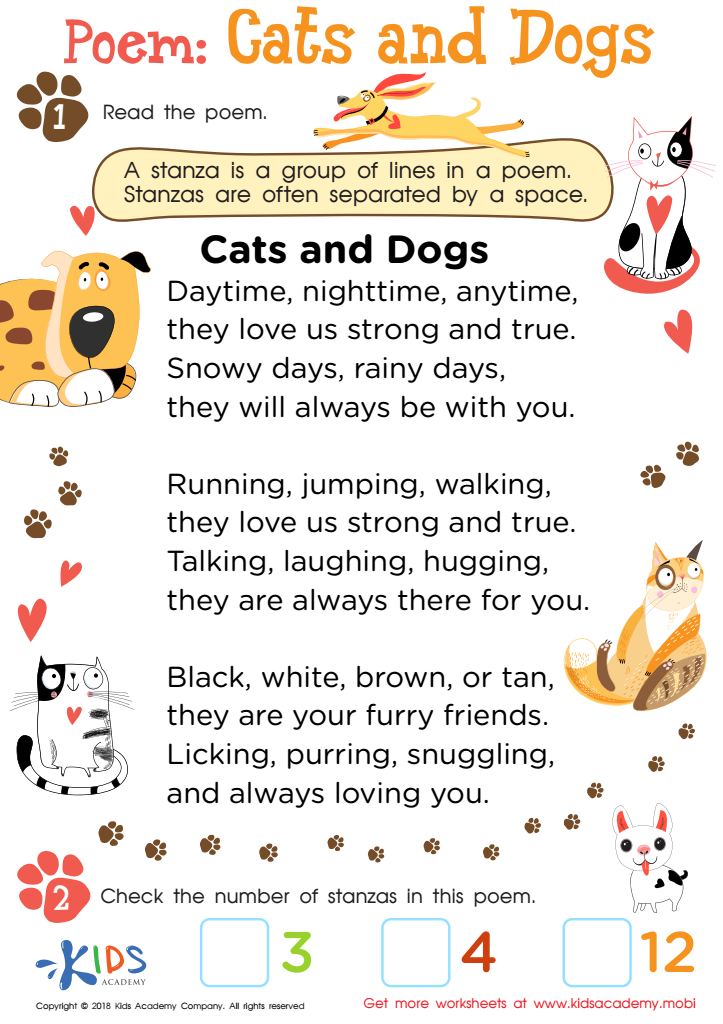

Poem: Cats and Dogs Worksheet
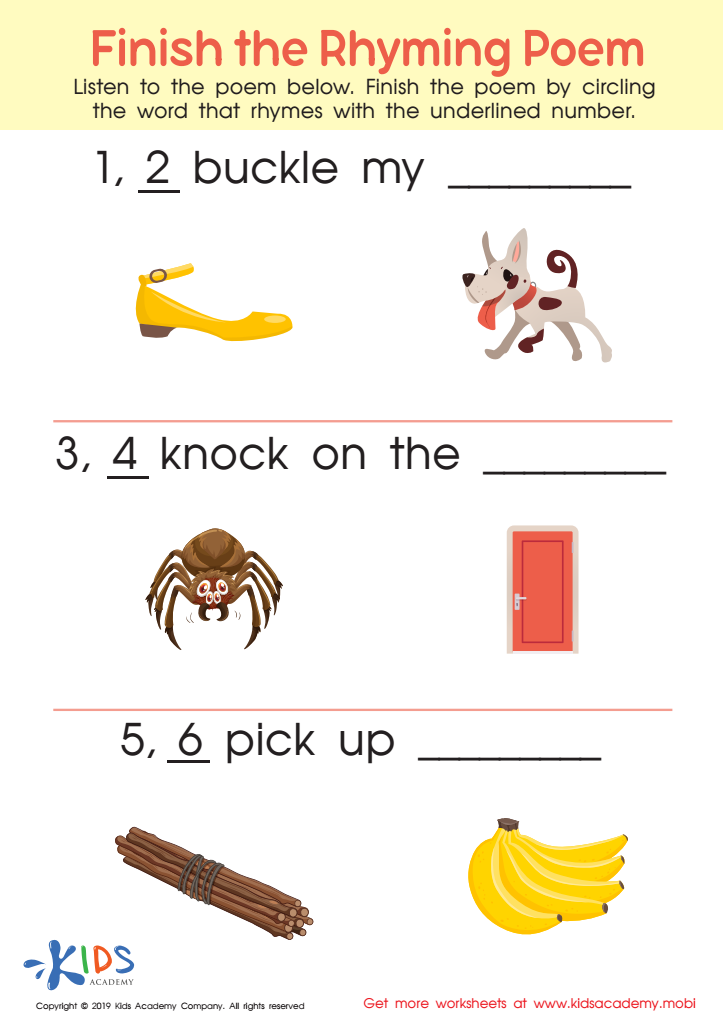

Finish Rhyming Poem Worksheet
Parents and teachers should prioritize songs and poem activities for children ages 3-8 because these experiences are vital for early cognitive, emotional, and social development. Music and rhythm enhance language acquisition, helping young learners expand their vocabulary, improve pronunciation, and develop listening skills. When children engage with songs and poems, they practice linguistic patterns in a memorable way, fostering literacy from an early age.
Moreover, these activities stimulate creativity and imagination. Through storytelling and rhythm, children learn to express themselves, fostering a sense of individuality and confidence. Songs and poems often incorporate moral lessons and cultural narratives, instilling values and enhancing understanding of the world around them.
Furthermore, these activities promote social interaction. Singing and reciting poems in groups encourage teamwork and collaboration, which are crucial for social skills development. They also create delightful moments of connection between caregivers and children, strengthening relationships.
Overall, incorporating songs and poems into learning not only caters to children’s innate love for music and rhythm but also serves as a powerful educational tool that lays the foundation for future learning, emotional intelligence, and social understanding, making it an essential focus for both parents and teachers.
 Assign to My Students
Assign to My Students


